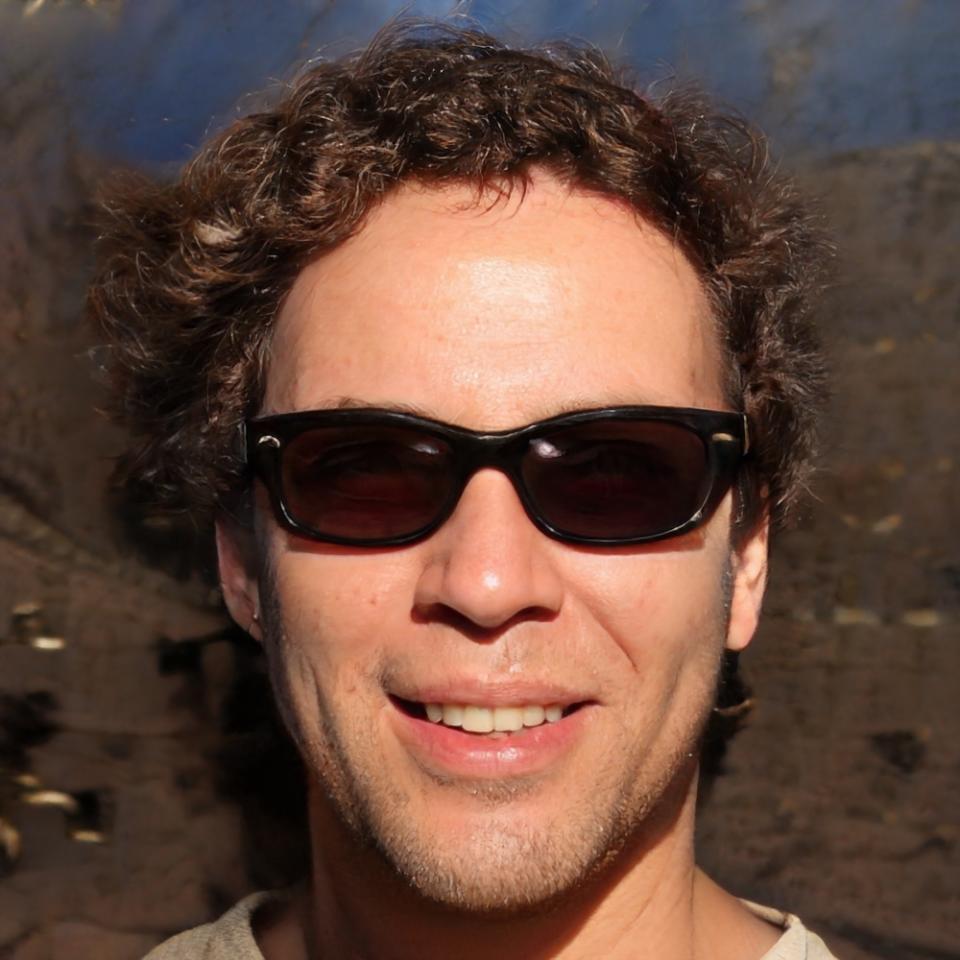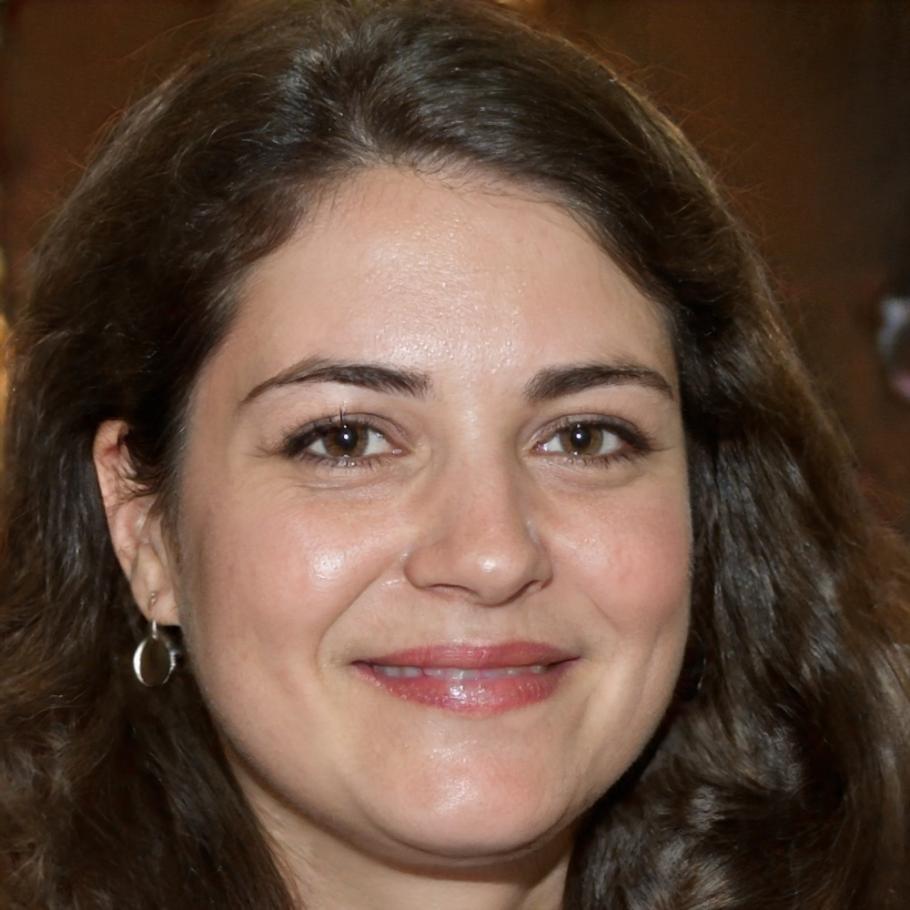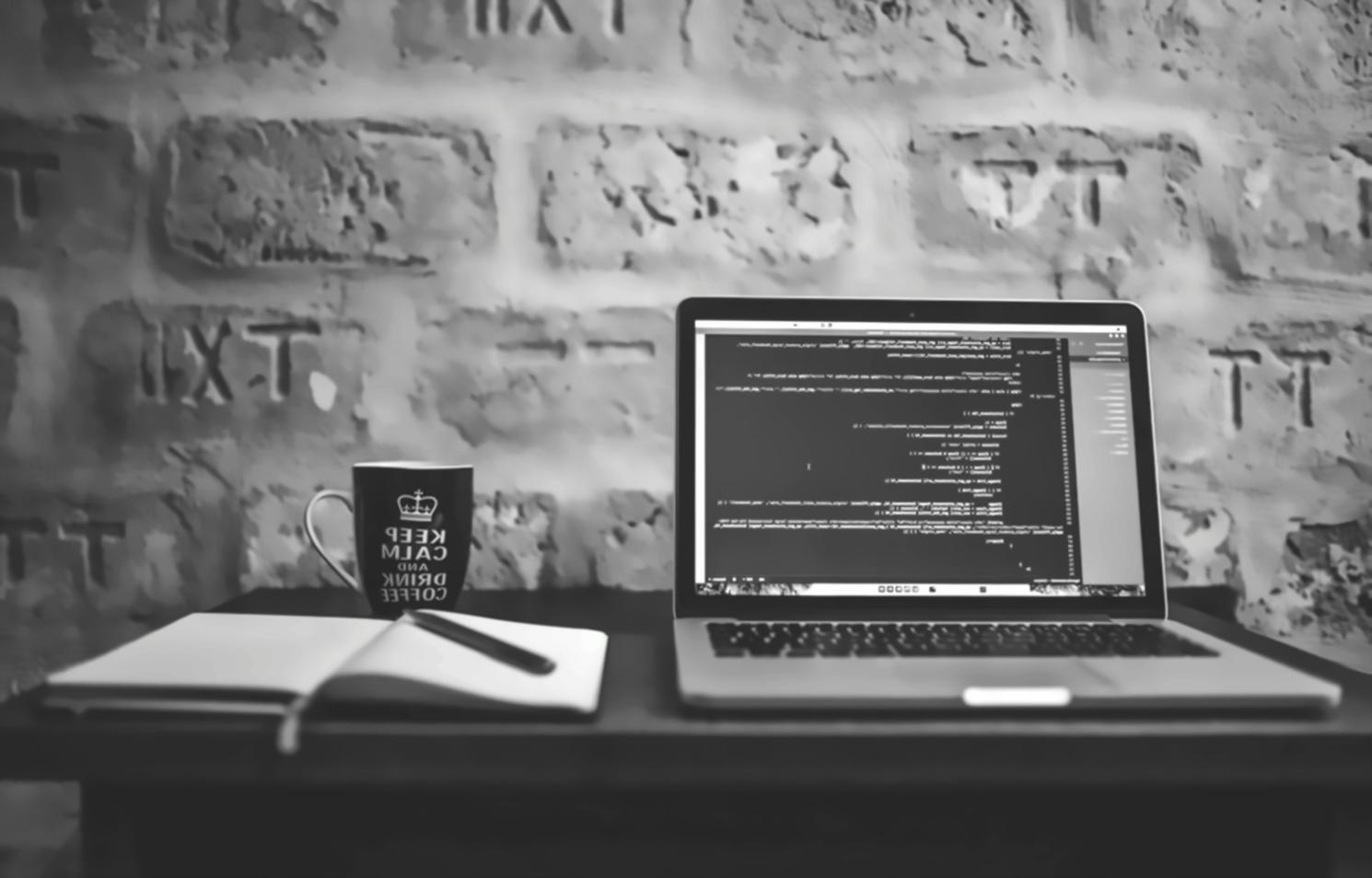Build Interfaces People Actually Enjoy Using
Our six-month program teaches you how to design digital experiences that feel natural. You'll learn by working on real projects, getting feedback from designers who've shipped products people rely on every day.
Get Course Details
Callum Breckridge
Spent eight years designing for fintech startups. Now helps students avoid the mistakes he made early on.

Rory Linwood
Former design lead at two scale-ups. Believes the best interfaces are the ones you don't notice.

Finn Ashwell
Built mobile apps used by millions. Teaches how to make complex systems feel simple.

Neve Kilmartin
Specializes in accessibility and inclusive design. Makes sure everyone gets a seat at the table.
What You'll Actually Learn
Visual Foundations
Typography, colour theory, layout principles. The stuff that separates decent designs from forgettable ones.
User Research
How to figure out what people need before you start designing. Interviews, testing, pattern recognition.
Prototyping
Turn sketches into interactive demos. Learn Figma properly, not just the basics everyone picks up on YouTube.
Design Systems
Build component libraries that scale. Make decisions once, then reuse them across entire products.
Mobile Patterns
Design for thumbs, not mice. Navigation, gestures, and the constraints that actually make mobile interesting.
Portfolio Work
Create three case studies that show your process. The kind hiring managers actually want to see.
How the Program Works
You'll spend about 15 hours a week on coursework. Some weeks it's watching video breakdowns of real design decisions. Other weeks you're redesigning existing apps and explaining your choices to the group.
Every fortnight, you'll have a one-hour critique session with an instructor. They'll look at your work, point out what's working, and suggest what to try next. It's honest feedback from people who've been doing this for years.
The cohort format means you're learning alongside 12 other people. You'll review each other's work, share resources, and probably end up on a few video calls debugging Figma problems together.
By month four, you'll start your capstone project. Pick a problem you care about, research it properly, and design a solution. This becomes the centrepiece of your portfolio.

Next Intake Opens September 2025
The autumn cohort runs from 15 September through 14 March 2026. Applications open in June, and we typically have space for about 15 students.
Application deadline: 25 August 2025Not ready to commit? Drop us a message and we'll send you the full curriculum breakdown, plus some sample lessons so you can see if it's the right fit.
Ask About September Intake